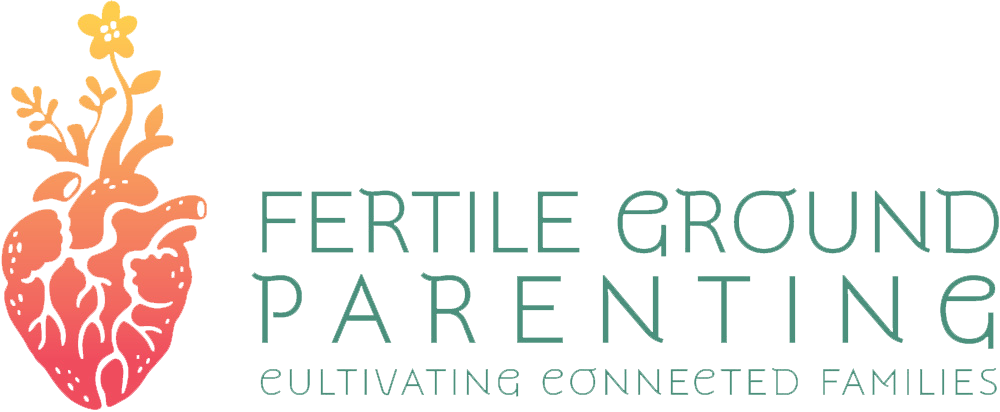We were traveling last weekend, visiting my parents in Florida to celebrate my dad’s 90th birthday. It was lovely, but possibly slightly boring for a 5-year-old. So, the day after the party we hit the mall to find some play spaces for him to move his body a bit. (That’s how they do it in Florida!)
The mall had a High Jump—one of those contraptions where they hook you up to a harness and some bungee cords and you can jump super high on a trampoline. Naturally, our kid was like a moth to a flame.
My son had to wait for a couple of other kids before it was his turn, sitting in a little chair inside the ring containing the High Jump. At one point, excited by all the jumping, he stood up. The ride operator immediately barked, “sit down!” He did, chastened.
When the child ahead of him exited the ring, my son got up and took a step toward the trampoline. The operator immediately chastised him for not stopping at the scale to be weighed first, her voice dripping with shame.
I had been chatting with my mom and didn’t realize what was happening until I heard my husband ask: “Did you let him know he needed to stop at the scale?” “No,” she retorted, “but it’s not ok for him to just jump up and walk over here. He should know better. Patience is a virtue. He needs to learn.”
My husband continued to push back, with my son watching. In his own words, he pointed out to her that her tone of voice was infused with shame. That our son was not trying to break the rules—he was simply unaware of them. That she might have had more patience herself with this young child.
Reflexively, I felt my face grow hot. I started to say, “oh honey, it’s ok…” to my husband. Though he was fairly calm, I could tell that he was feeling angry. I wanted him to stop arguing with her, to stop “making a scene,” to stop embarrassing all of us.
To stop standing up for our son, calling someone out on shaming him.
I shut my mouth.
In that moment it came to me with total clarity: how this kind of shaming had happened to me countless times as a kid, and sometimes still does as an adult. How I have learned so well to bow to it — to get small and retreat.
It also came to me clearly how much my work as a parent has been about creating something different for my son. How my husband and I try to guide him without shaming him—without making him feel less-than because he made a mistake or did something we or someone else didn’t like.
I generally feel clear about how this looks—and doesn’t—when I’m parenting him.
But I forget sometimes how much his experience will increasingly be shaped by how others treat him. And how, as his parents, it’s our job to help him understand that treatment.
Of course, we won’t be there every time this happens to our son. But the more we use our voices to say no to this kind of shaming when we are, the more he’ll eventually be able to use his voice when we aren’t.
I am continually fascinated by the fact that, if something is going to get in the way of me being the parent I want to be, it is often my old stories about how I should be in order to be polite, kind, or good.
(Sometimes it’s the old stories I inherited about how children should be a certain kind of polite or “good,” and my anger and frustration when my child doesn’t align with those stories. So I do have compassion for the ride operator too, who likely has stories of her own.)
I also forget sometimes that, like my son, I was born good. That I don’t need to prove that by being polite, even in the face of shame. But because the stories themselves are also infused with shame, they are still so powerful, even now.
Sometimes they lead me to act in ways I never want to act. Or to shut down when I need to wake up.
In seeing the impact of these old stories, I could see my husband’s actions differently—as fiercely protective, deeply loving, and honorable. The farthest thing from embarrassing.
I could see it in time to go to my husband, put my arm around him, and later, thank him for standing up for our little boy.
And, instead of internalizing the shame, our son had the chance to internalize his dad’s argument:
It’s all right not to know all the answers—to take a chance and discover you need to do things differently.
You are intrinsically good, even when you make a mistake.
You have a right to be treated with respect.
Your parents have your back.
Our son loved the High Jump, by the way. Flying free feels so good.


